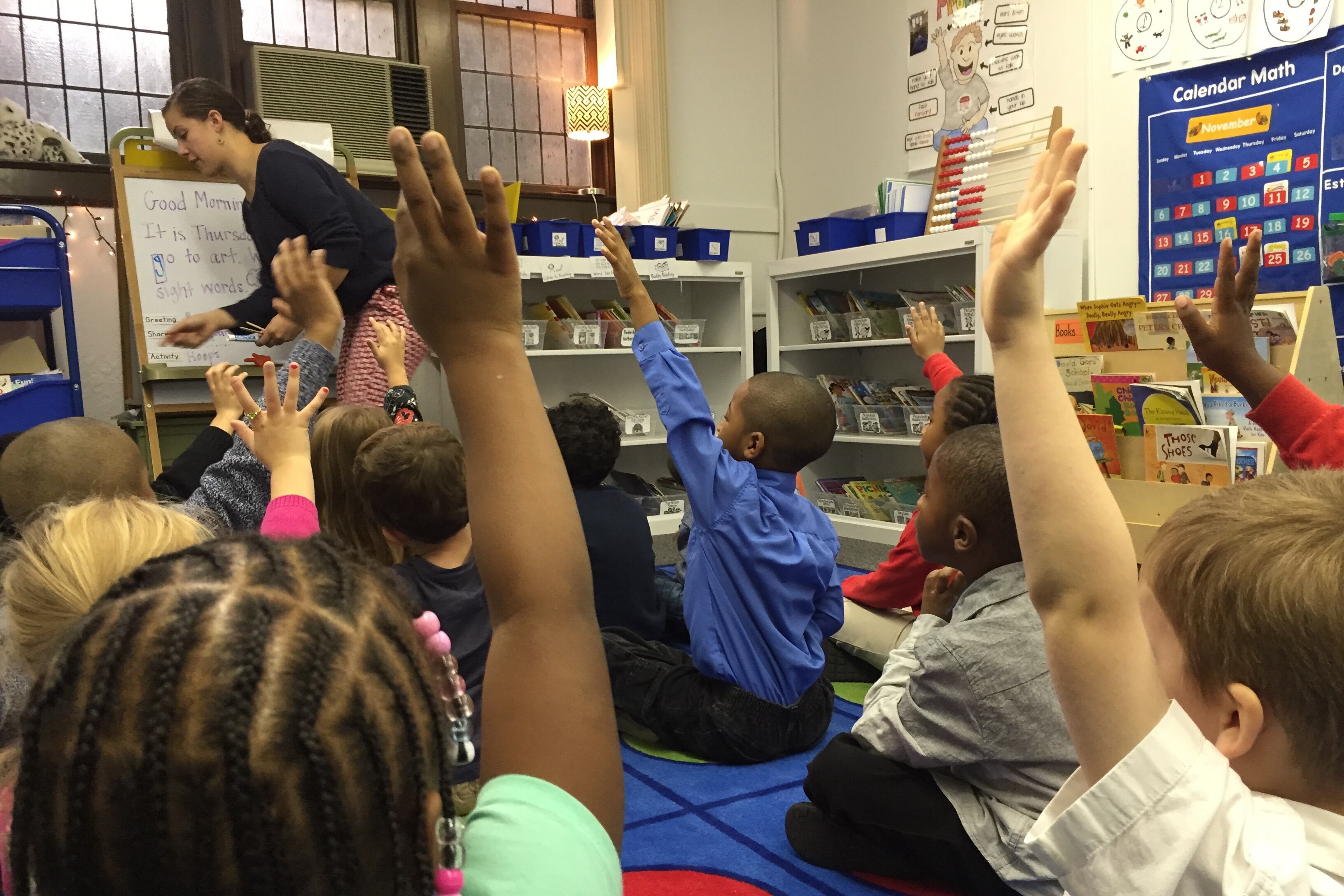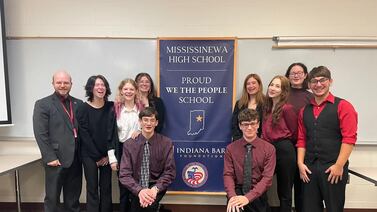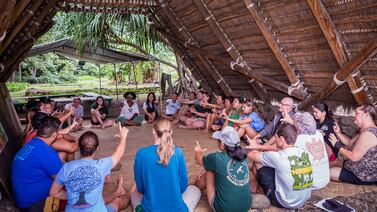After months of uncertainty, Gov. Andrew Cuomo has waived requirements for teacher and principal evaluations for this school year.
State law mandates school and district leaders assess teachers and principals using the so-called Annual Professional Performance Reviews, or APPR. The evaluations, which include classroom observations and student performance data, can influence tenure decisions and trigger firings.
In an executive order issued Sunday, Cuomo will not require the reviews for the 2019-2020 academic year, since the coronavirus pandemic has kept school buildings closed across the state. The order also allows districts to grant tenure to educators who have met all other requirements for it and have been evaluated in the past, but have not been reviewed this school year. Under the order, districts can also choose to postpone tenure decisions for another year.
Cuomo’s executive order comes just weeks before the end of the school year and nearly two months after the state education department asked for such a waiver, given that in-person visits to evaluate educators became impossible amid coronavirus closures.
State officials were also concerned about the cancellation of grades 3-8 reading and math tests, which districts can consider when evaluating teachers. New York City schools can choose from a list of alternative student assessments and performance measures that do not include state test scores in reading and math.
Although the question over evaluations remained open for months, it was hardly top-of-mind for many New York City educators, who were busy making the transition to distance learning.
The city’s education department told schools “that they should provide supportive feedback so that teachers can focus on delivering the highest quality remote instruction for our students,” Danielle Filson, a spokesperson for the department, said in a statement Friday, before the governor issued his executive order. City officials were planning to provide schools with more guidance as the department itself awaited word from the state.
Anthony Cosentino, principal of P.S. 21 in Staten Island, said that since school buildings closed in mid-March, his school has been busy meeting students’ immediate needs. Cosentino and a couple teachers drove around to deliver laptops and hotspots to students and to offer them technical support. In addition, more than a dozen P.S. 21 teachers, working with a community-based organization, volunteered to help bag and deliver groceries to families who need it.
“We’re all anxious, we’re all stressed, we’re all traumatized about what’s going on around us, and with the support of the superintendent and the direction of the DOE, we put our focus on our priorities, which is not teacher evaluations at this time,” Cosentino said before the governor’s decision came down.
Andy Pallotta, president of the state teachers union, said the governor’s decision “rightly” allows districts to make tenure decisions. But the governor’s months-long delay in issuing a waiver has left school leaders in the dark, said Bob Lowry, deputy director for advocacy and communication at the state’s Council of School Superintendents.
“Districts have already had to begin making tenure decisions,” Lowry said. “Some have entered into agreements to extend teachers’ probationary periods for a year, assuming that they could not grant tenure without a rating this year.”








